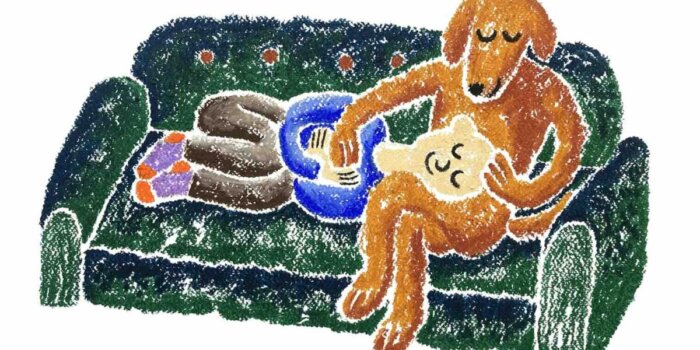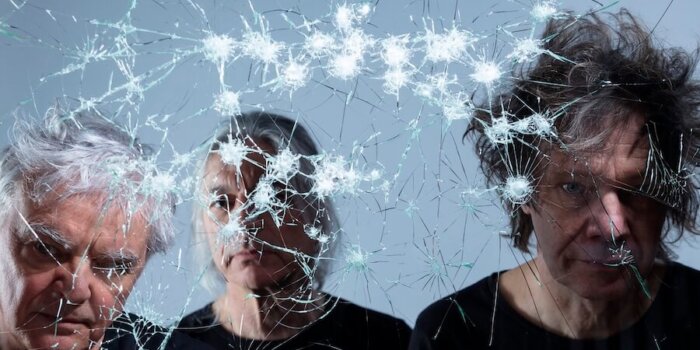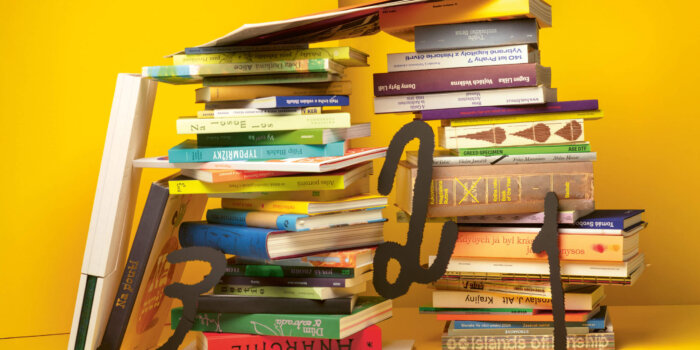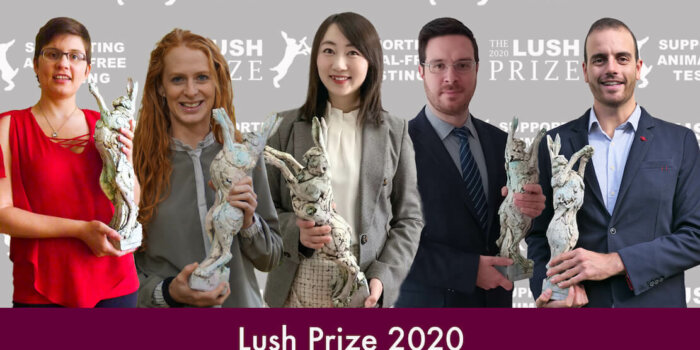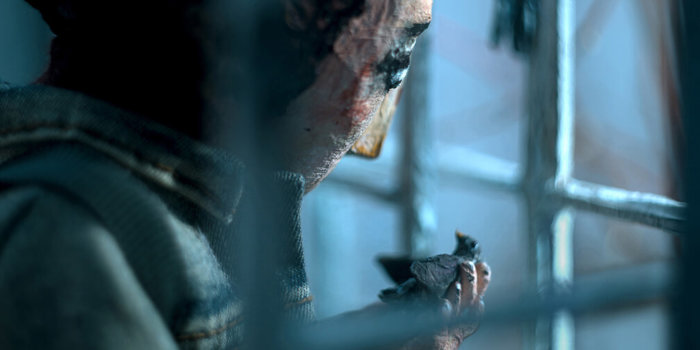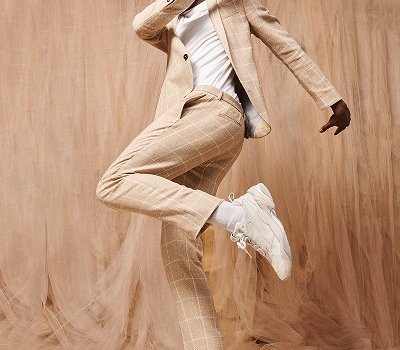Indian artist Debanjan Biswas recorded his music in Prague. He was captivated by the orchestra.

Debanjan Biswas makes music and sayd that music has chosen him. At the beginning of January he spent a few days in Prague to record his new stuff. We asked him how it went.
How would you sum up your career? A brief background about yourself. Where you grew up, what got you into music, what instruments do you play?
I was born and raised in Kailashahar, a historically rich city in Tripura, India, which was once a prominent cultural hub in the region. Famous for Unakoti, a remarkable archaeological site, Kailashahar holds a special place in my heart, not only for its beauty but also for its deep cultural heritage. In 2022, Unakoti was included on the tentative list of UNESCO World Heritage Sites, which speaks to the unique history of the area.
Growing up in this environment, I was fortunate to have parents who were always supportive of my interests, encouraging me to pursue whatever sparked my passion. As a child, I was deeply drawn to sports, particularly tennis. I dreamt of becoming a professional tennis player and representing my country on the global stage.
Music speaks to me in a way that I can’t fully explain.
However, my path took an unexpected turn when I discovered my love for music at the age of sixteen. While I had always been focused on academics and sports, I quickly realized that music was something that resonated with me on a deeper level. It wasn’t something I planned, but something I felt compelled to explore. In college, I found myself immersed in the world of music, and it wasn’t long before I started winning competitions. Notably, I won the prestigious All India Fingerstyle Guitar Competition and the Spring Fest in Bengaluru, India—achievements that reinforced my belief that music had chosen me.
Music speaks to me in a way that I can’t fully explain. It’s a language that transcends words, and my connection to it feels almost like destiny. One vivid memory that helped me truly understand its power was listening to a group of farmers, who, on a cold winter evening, sang a sorrowful folk ballad. The raw emotion in their voices left a lasting impact on me, reminding me of music’s ability to convey the deepest human emotions.
As for instruments, I primarily play the guitar and piano, and I’ve developed a strong passion for fingerstyle playing. The guitar has become my voice, a way for me to express what words often can’t. While I continue to nurture my love for sports, music is where my heart truly lies, and I am thankful for the journey that led me here. My dreams have always been vast, and though I didn’t know exactly how they would unfold, I trusted that music would guide me toward the right path. It’s not something I forced—it simply felt meant to be.
How did you record the new stuff, Aagman?
The journey of Aagman began with the success of my debut single, Sahara, which was embraced globally during the COVID-19 pandemic. It quickly became a symbol of world music, connecting people across diverse cultures when they needed it most. This unexpected success sparked the dream of creating an album that would reflect the rich, multifaceted nature of global music. Growing up in a city where the idea of pursuing music felt like an impossible dream, seeing this vision come to life feels nothing short of a miracle. I owe this accomplishment to the unwavering support and inspiration of my father, whose contribution to Aagman is invaluable and unmatched.
One of the key elements that shaped this album was my deep exploration of India’s diverse cultures and human expressions. During my travels across the country, I immersed myself in the traditions, struggles, and stories of people from every corner of India. These experiences gave me an unparalleled depth of understanding, not just of the music but also of the soul of humanity. The journey was transformative, and it became clear to me that to truly express this vision, I needed to draw from my personal experiences. This marked the beginning of Aagman — an album that represents the convergence of culture, humanity, and emotion.
During the pandemic, I would often speak with my music producer, Akshay Dabhadkar, who also served as the album’s creative director. His contribution to the album has been nothing short of magical — his vision, guidance, and artistry have been pivotal in bringing Aagman to life. Without him and a few other key people, this project would not have been possible. We started the project with a clear understanding: it would be self-funded, and with limited resources, we would have to work with a smaller pool of musicians. That’s when we had the honor of collaborating with the legendary Grammy-winning artist, Pandit Vishwa Mohan Bhatt. His involvement in the album in 2022, just after the pandemic, felt like a divine blessing. This collaboration laid the foundation for other global partnerships that followed, slowly turning my dream into a reality.

How was the process of writing compositions?
It was deeply personal and organic. I can’t exactly describe it in technical terms, as each piece came to life in different ways. Some melodies appeared naturally while I was sitting at the piano, letting my hands wander across the keys. Others came to me in dreams, and I would wake up to record the phrases that had emerged in my mind. Each song on Aagman carries its own story, its own emotional journey, and there’s no formula for how it came to be. Music, in this sense, was my language — a reflection of my own experiences, inspirations, and the world around me.
In 2023, I underwent a major surgery, which put me under post-surgery recovery for several months. During this time, I experienced emotions that were profoundly intense, and it was in that space of vulnerability that I composed one of the most meaningful pieces on the album. The deep introspection that came with that experience shaped the music in ways words can’t express.
When it came to choosing the instruments for each piece, I didn’t follow any particular thought process. The instruments chose themselves, so to speak. The sound evolved organically, shaped by the mood, the emotions, and the story behind each composition. We experimented a lot, blending different textures, timbres, and sonic landscapes from across the world. The result is a sound that’s eclectic and experimental but unified by the theme of Aagman.
The album is, in essence, a world symphony — a fusion of global sounds and instruments that reflect the diversity of cultures and stories that have influenced me. Since my childhood, I’ve been deeply fascinated by large ensemble concerts, imagining a time when I could be part of such a majestic, orchestral experience. Now, through Aagman, that dream has come to fruition. Our creative director and producer, Akshay Dabhadkar, has been instrumental in this process, helping to direct the symphony of voices, instruments, and styles that define the album.
Ultimately, Aagman is more than an album — it’s a reflection of human connection, culture, and expression. It’s a journey across time, space, and the human soul, shaped by my experiences and the people I’ve met along the way. With the support of incredible musicians, producers, and collaborators, we’ve created a piece of music that transcends borders, languages, and differences, reminding us of our shared humanity. This album is a testament to the power of music to bring us together, heal us, and tell the stories that define who we are as people and as a global community.
As Aagman is unveiled, I am filled with gratitude for everyone who has been a part of this miraculous journey, and I can’t wait to share this piece of my heart with the world.
What music is your favourite?
I do not have any particular genre, I mostly listen to all kinds of music.
The selection of artists for the album came together in a very natural, almost instinctive way. We didn’t have a strict plan or deliberate strategy for collaborations—it just evolved organically. In fact, it feels as though the music itself guided us toward the right collaborators. We consciously composed two songs with Pandit Vishwa Mohan Bhatt, whose mastery and influence added a special depth to the album. As for the other collaborations, they unfolded naturally, with each artist contributing in ways that felt completely intuitive and right for the music.
When do you plan to release the album?
We are aiming to launch the album sometime between June and July of next year. We’re excited to share it with the world and are working towards making that happen in the coming months.
How did the Prague rcording come about?
Quite organically. At the start of this year, we were preparing to record a string symphony for the album, which is a significant milestone for any solo artist, especially for a debut album.
Initially, we had planned to record in Budapest with the Budapest Symphony Orchestra. However, as fate would have it, we ended up collaborating with the Prague FilmHarmonic Orchestra instead. The concept for the recording was largely shaped by our musical colleague Samarth Srinivasan, whose contributions to the album have been invaluable. From arranging and recording the strings to writing the notes for the musicians and coordinating everything, Samarth played a crucial role in bringing the vision to life. He’s been involved in numerous high-profile projects and has worked with renowned names like A.R. Rahman, Salim Merchant, and Sanjay Leela Bhansali.
The recording took place at the Smecky Music Studio in Prague.
Prague is one of the beautiful city I have explored yet and people are very kind and welcoming, I would like to visit for a long vacation next time. I usually like offbeat places,I went to Cesky Krumlov, Such a beautiful place I would like to come again.
Could you mention something about your earlier songs?
Sahara
„Sahara“ is my debut song, released in 2020, and at the time, it became one of the highest-streaming instrumental tracks in India—and it continues to resonate with listeners even now. The song received massive acclaim worldwide, being featured on various radio stations across Europe and Canada. It garnered some of the best critical reviews for any solo artist, which was truly humbling and encouraging.
Links : https://youtu.be/
Aachi Aami
„Aachi Aami“ was initially part of an unreleased Bengali album that, unfortunately, I decided not to release. Instead, I chose to share it as a single in 2022. I composed and wrote this track in collaboration with Grammy-winning artist Rakesh Chaurasia, and it was released by Time Music. The song went on to earn two prestigious awards in recent years: the Bengal Honor of Excellence Award in Kolkata, and the Clef Music Award for Best Regional Folk Song in Mumbai (2023).
A Special Note of Gratitude
I would like to extend my heartfelt thanks to three very special individuals who have been integral to the creation of this album: Aslam Khan, founder of Headroom Studio Mumbai, Shampa Pakrashi, and Akshay Dabhadkar. Their unwavering support, dedication, and belief in this project have been invaluable. Without their guidance and contributions, this album would not have been possible.
This tape was orchestrated, transcribed, and primarily communicated by Samarth Srinivasan. This recording was elevated to a new level by his outstanding performance.He is an orchestrator, composer, singer, and producer. His efforts for this initiative are much appreciated.
I also want to mention Akshay Dabhadkar, who is the album’s creative director and music producer. His innovative ideas, from directing to producing music, were unparalleled.I should also mention that he wrote the album’s strings section.



